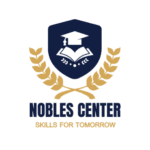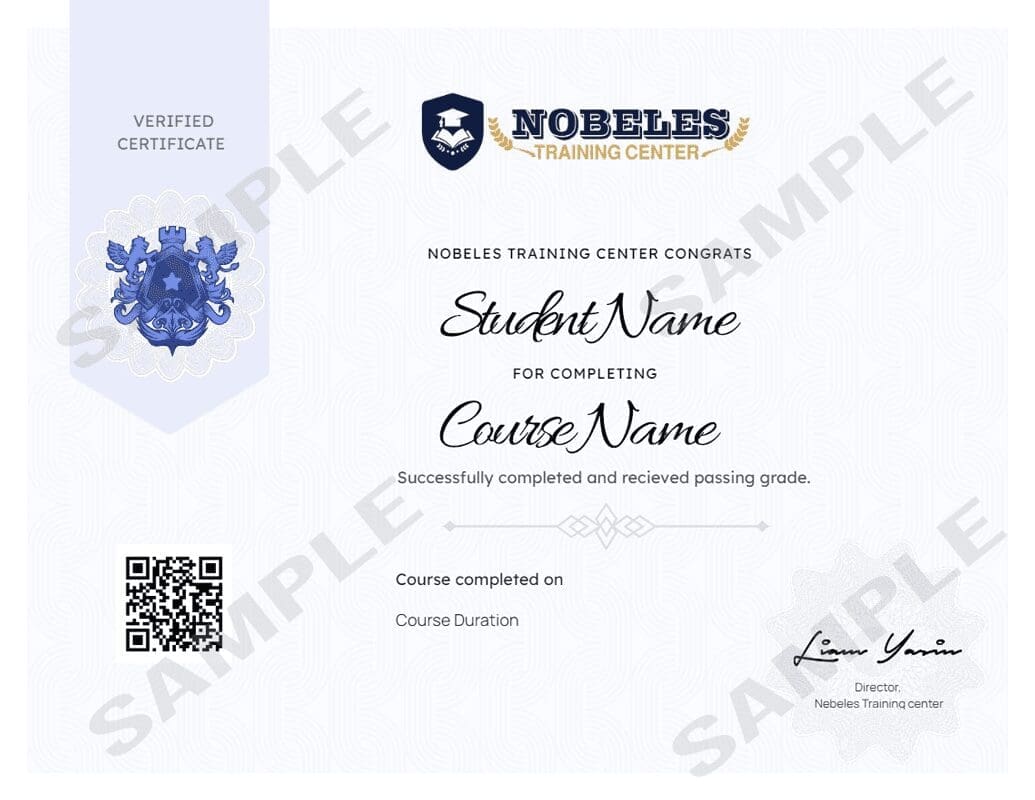Description
Curriculum
Instructor
A vital way of becoming more effective in both business and life is by becoming more self aware. If you can become aware of your self – your strengths and your weaknesses – then, you can become aware of the effects you create. Only once you know your effects can you know how to change them, or even whether you should. Implementing the guidelines in this course is the first step in a continual process of deepening your awareness of yourself and the affects you have on people and situations. Becoming more effective can only deepen your rewards in both your professional and personal life.
Curriculum
- 11 Sections
- 0 Lessons
- 10 Hours
Expand all sectionsCollapse all sections
- What Is the Self?The self refers to an individual's unique identity, encompassing thoughts, emotions, beliefs, and behaviors. It represents one's consciousness, guiding personal experiences, relationships, and perceptions of the world and self-worth.0
- Awareness of the Physical SelfAwareness of the physical self involves recognizing bodily sensations, posture, movement, and physical health. This awareness enhances well-being, promotes self-care, and helps maintain a stronger mind-body connection for overall balance.0
- Time ManagementTime management involves effectively organizing and prioritizing tasks to maximize productivity and reduce stress. It includes setting goals, planning, avoiding distractions, and maintaining focus to achieve personal and professional objectives efficiently.0
- The Emotional SelfThe emotional self encompasses an individual's feelings, emotional responses, and understanding of one's emotional landscape. It involves recognizing, processing, and regulating emotions, fostering resilience, empathy, and healthier relationships with oneself and others.0
- Mood ManagementMood management involves recognizing and regulating emotional states through techniques like mindfulness, cognitive reframing, and self-care practices. It enhances emotional resilience, reduces stress, and promotes overall well-being and interpersonal effectiveness.0
- The Mental SelfThe mental self refers to an individual's thoughts, beliefs, and cognitive processes. It encompasses self-awareness, critical thinking, and mental resilience, influencing decision-making, problem-solving, and the ability to adapt to challenges.0
- Interpersonal AwarenessInterpersonal awareness involves understanding social dynamics, recognizing others' emotions, and responding appropriately in interactions. It enhances communication, empathy, and relationship-building, fostering positive connections and effective collaboration in personal and professional settings.0
- The Spiritual SelfThe spiritual self encompasses an individual's beliefs, values, and sense of purpose. It involves seeking meaning, connection, and inner peace, often through practices like meditation, reflection, or engagement in community and nature.0
- Limitations of Self AwarenessLimitations of self-awareness include biases, emotional blind spots, fear of change, resistance to feedback, and lack of perspective. These factors can hinder personal growth and impair the ability to understand oneself fully.0
- Independence versus InterdependenceIndependence emphasizes self-reliance and personal responsibility, while interdependence recognizes the importance of relationships and collaboration. Balancing both fosters personal growth and meaningful connections, enhancing resilience and collective well-being in communities.0
- Post TestPost Test0
Nobles Center

5 Students146 Courses
Review
$245.00
316 students
0 lesson
Language: English
0 quiz
Assessments: Yes
Skill level All levels
Nobles Certificate
At the end of the course, you can download a copy of your certified certificate.
Nobeles Academy
Mobile Application
Download the Nobeles center mobile app from the app app store, click the button below
Courses you might be interested in
Welcome to the Presentation Skills workshop. This program can benefit anyone who presents; a trainer, a meeting facilitator, speaker, or seminar discussion leader. No matter which role you are assuming,...
-
11 Lessons
$275.00
Bloom’s Taxonomy is not just for elementary school teachers. The three domains of the taxonomy apply to adult education as well. In this manual, our focus will be on the...
-
0 Lessons
$175.00
Blooms Taxonomy is not just for elementary school teachers. The three domains of the taxonomy apply to adult education as well. In this course, we will focus on the psychomotor...
-
11 Lessons
$225.00
Welcome to the Anger Management course. Simply put, anger management is the process of controlling anger, before this anger controls you. Anger can be an incredibly damaging force, costing people...
-
0 Lessons
$250.00






